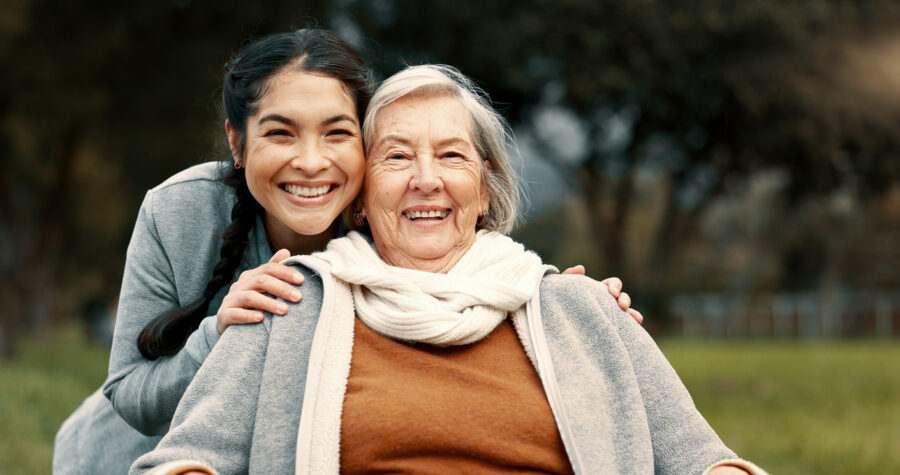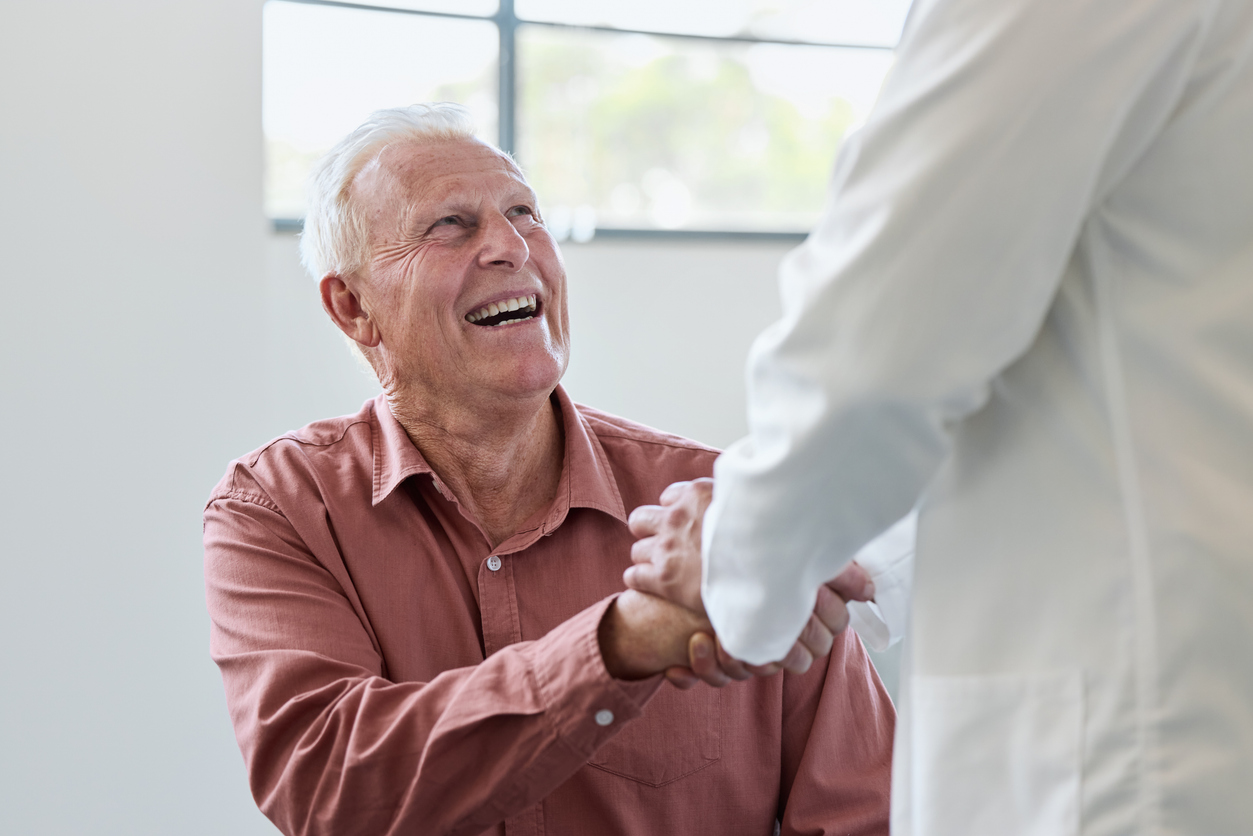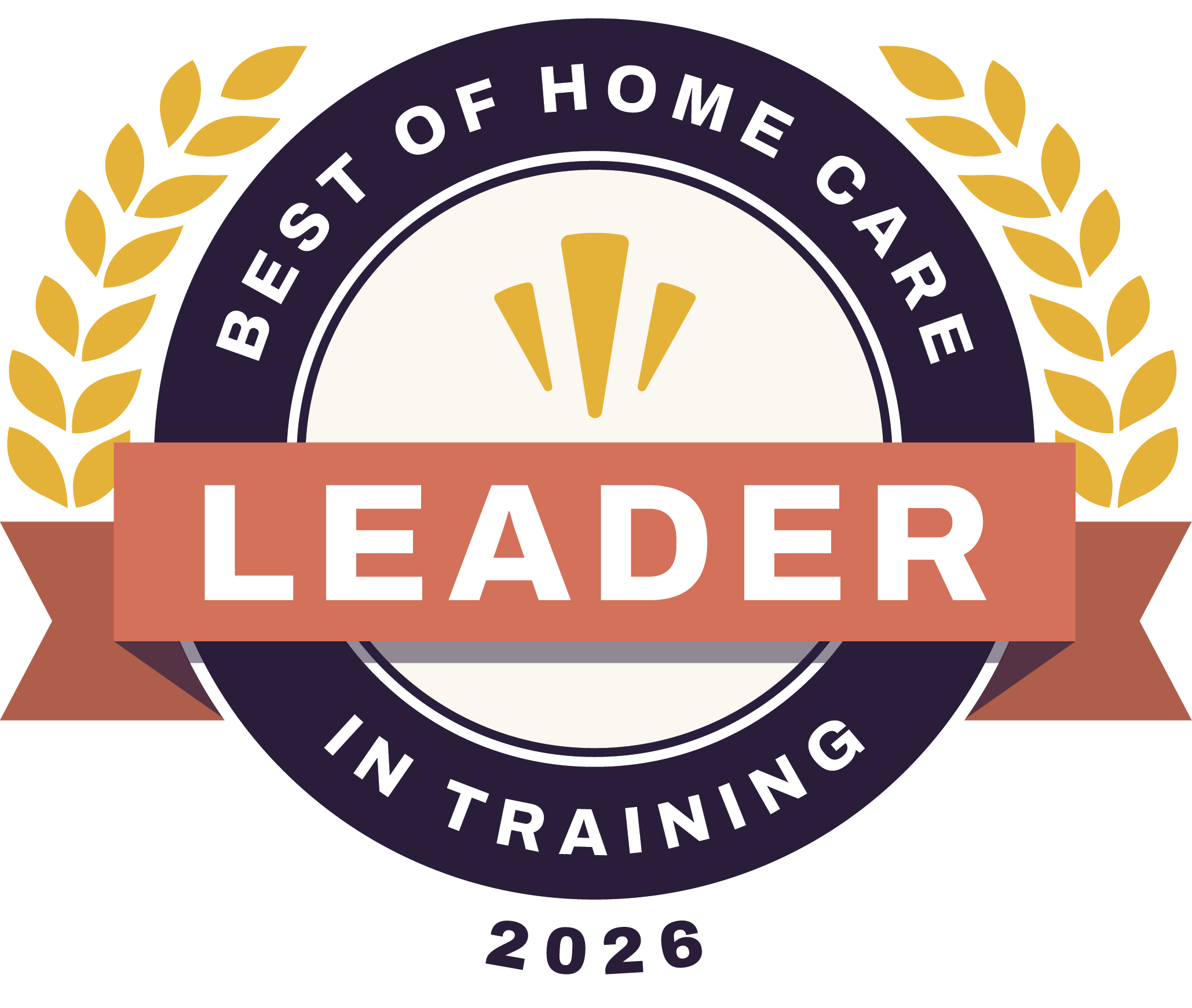The isolation and depression felt by many of our elders during the pandemic has helped shine a spotlight on their mental health and well-being. For too long, ageism has given permission to society to believe that it is normal for aging people to be depressed, grieve and feel bad physically for extended periods of time. None of which is true when the right interventions and treatment are given. Springpoint at Home’s Aging Life Care Advisor ™ / Care Manager team can help.
The time is now to shine a light on how we marginalize older adults. This marginalization results in our elders feeling like a burden and having feelings of depression. When these mental health conditions are paired with chronic health problems, it should come as no surprise that late-life suicide is more widespread than people realize.
The highest risk group is men who are 65 and older. However, for both men and women, adults 85 and older are the second most likely group to die from suicide. Older adults are more likely to be successful at their suicide attempt than a younger person because it’s more carefully planned. Older adults are less likely to be discovered because they are isolated at home. Even if discovered, physical frailty makes it less likely that they will be able to recover from the attempt.
There are behavioral warning signs and caregivers, both family and professional, need to be aware of them. Be concerned if someone expresses the feeling of being a burden, makes statements of hopelessness, withdraws socially or seems to be saying goodbye. Physical warning signs include stockpiling medication, altered sleep habits, a suddenly revised will or an increase in alcohol or drug use.
Our Springpoint at Home Aging Life Care Advisor ™ / Care Manager team is trained to watch for and combat these warning signs. Because we are constantly assessing your loved one’s mental and physical health, our “eyes on” approach helps us to see where support is lacking and when something additional is needed. We have counselors we can refer your elder to and many are willing and able to do sessions via telehealth. Once a flag is raised, we can assess key warning signs like weapons in the home and medication hoarding while monitoring a care plan for mental health.
The mental and physical well-being of our clients is our main concern. But we recognize these last 18 months have increased social isolation of our elders and, at the same time, many of them have put off routine doctor visits and needed changes to medication. We are committed to working with our families to strengthen important protective factors like social connectedness, getting the proper treatment for mental and physical health and helping them adapt to change.



